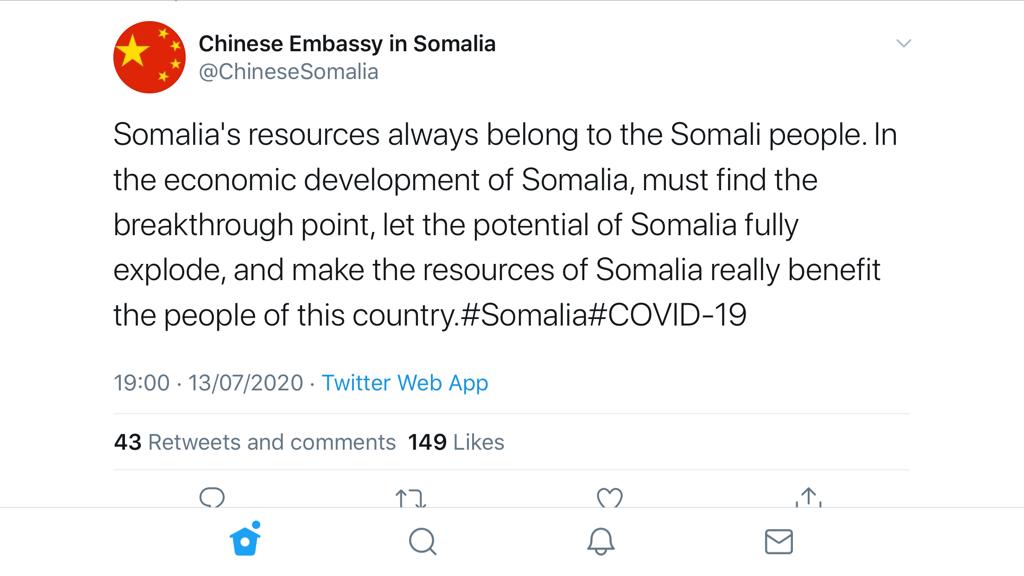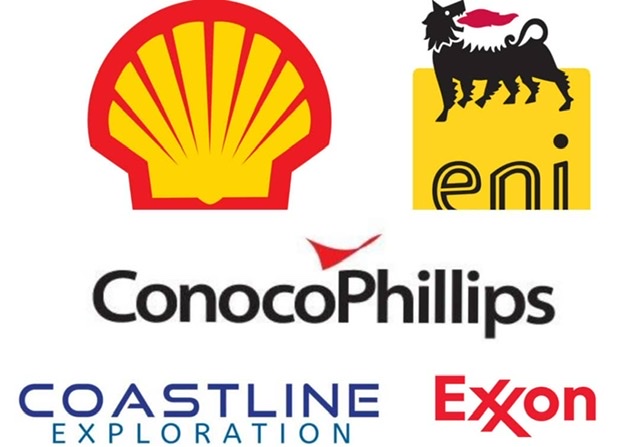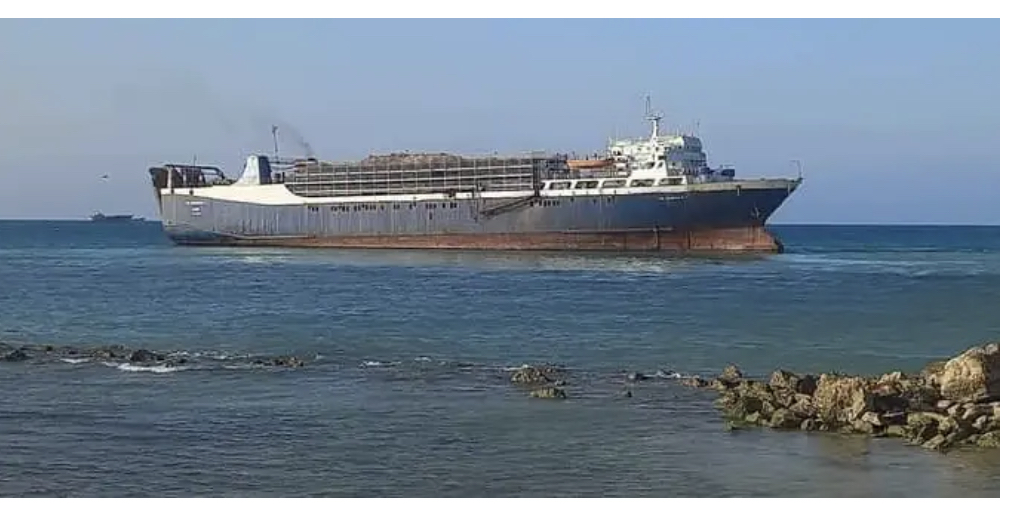Somalia’s transformation from a failed state to a semi-functioning polity is being hampered by superpowers jostling to control resources in the Horn of Africa country. This is the impression given by a tweet of the Chinese Embassy in Somalia. The tweet stated the politically obvious mantra that resources in Somalia belong to Somali people and that resources can contribute to the economic development in Somalia…
The tweet hints at a new stage for the superpower competition for resources in the Horn of Africa. Its indirect foray into resources in Somalia began with the fisheries agreement with the Federal Government of Somalia. The agreement gives the Federal Government of Somalia the authority to issue fisheries licenses.

Somalia was a major recipient of China’s aid from 1960 to 1990 in addition to the cancellation of debts Somalis owed China. China cancelled the debt “without requiring any programme of reforms” writes Deborhan Brautigam in China–Africa and an Economic Transformation. China did not contribute “troops to the two UN missions and the US-led operation in Somalia between 1992 and 1995 and subsequent two UN Missions but it endorsed all operations due to humanitarian goals.
China is eyeing offshore oil exploration in Somalia. Its companies have a foothold in South Sudan and Ethiopia (where Haile Selassie granted Sinclar Oil exploration rights during 1940s to consolidate Ethiopia’s sovereignty in the Ogaden.
The competition for resources in Somalia has two aspects. One between major western superpowers – USA and Britain. “Somalia has reached an agreement with a dormant Royal Dutch Shell and ExxonMobil joint venture to settle payments for rental fees for offshore blocks, as the east African nation seeks to promote the development of its resources. The [petroleum] ministry is also expected to honour legacy contracts including the one signed in 2014 by Soma Oil and Gas, which was chaired by former Conservative party leader Michael Howard up until June of last year” reported the Financial Times.
Soma Oil has since changed its name to Coastline. Eni, an Italian legacy company, is reportedly included in companies seeking oil productions rights.
“Somalia has better benefit from its resources. The burning question is do Somalis have political leaders at all levels, federal and sub-federal, who are able to help Somalia make better use of its resource bonanza? ” asks Ali Yusuf, a political analyst in Hargeisa .
The resource-sharing agreement and the Petroleum Law are two paths that could ease Somalia into an age of prosperity. This optimism does not hold water given the goals of oil exploration strategies. The Financial Times reported that sale of oil blocks to Western companies would “ fund rebuilding”.
The annual peace-keeping bill for the The African Union Mission in Somalia (AMISOM) is $600, 000, 000 to contain the threat of Al-shabaab to global security. This increasing bill of the peace-keeping mission impedes the reconstruction of Somalia. Funds that could be channeled into reconstruction now get used for AMISOM operations.
So much depends on how the Somali political class reduces reliance on AMISOM and shows the ability to fight corruption. As for now the clash between reconstruction imperatives for Somalia and the need to make Somalia less of a threat to global security prompted superpowers to persuade the Somali political leaders to accept footing the AMISOM peacekeeping bill through funds from any successful offshore oil drilling in Somali waters.
The Federal Government of Somalia has been accused of keeping citizens in the dark about oil exploration agreements and that superpowers could put pressure on Somali political leaders to refuse to honour legacy agreements with some companies. “It is unfair to Somalis if the Federal Government of Somalia became a tool to advance the interests of foreign countries. Lack of separation of powers and absence of transparency and debate about offshore oil exploration in Somali waters foreshadows a future in which resource curse will befall Somalia if its political leaders remain indifferent to the plan to make Somalia pay peacekeeping forces through funds from hydrocarbon resources if and when Somalia becomes an oil-rich country.




